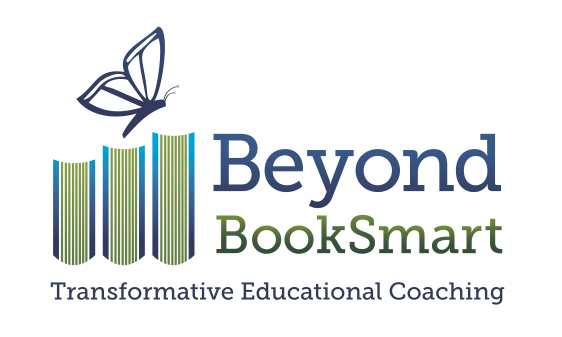Does your child forget to do her homework, misplace her books, rush out of the house in the morning without her lunch, or get distracted when telling you about her day at school? These behaviors are all suggestive of difficulties with executive functioning skills. As parents and educators become more aware of the importance of executive functions for academic success, there is a need for effective strategies for teaching these skills to children. When we look outside of the classroom, the roles executive functions play in developing 21st-century skills — collaboration, creativity, critical thinking — are evident. Poorly developed executive functioning skills have been identified as the primary limitations in children with ADHD, Learning Disabilities, Autism Spectrum Disorders, and underachievement. At LearningWorks for Kids, we are exploring innovative strategies that use technology to improve executive skills. There are also some non-technological research-based approaches that can assist children to build executive functions in order to achieve academic and real-world success.
The most effective school-based approaches to executive functioning training includes the participation of all teachers, students, and school administrators in the process. Lynn Meltzer, in her book Promoting Executive Function in the Classroom, describes how six specific skills — planning, organizing, prioritizing, working memory, shifting, and self-monitoring — can be embedded into classroom settings. Meltzer suggests teaching executive functioning skills in early elementary school. Most schools are unable to implement a full-school approach so frequently teachers receive little help in helping their students improve executive functioning skills.
Another method for improving school-based executive function skills is tutoring. A tutor may work with students to develop study skills directly related to their homework or assignments at the time. Tutoring may not facilitate, however, the generalization or transfer of executive skills to other academic challenges.
I believe that a more effective strategy for teaching children executive functioning skills is the coaching method. Whereas tutoring often focuses on completion of homework or specific tasks, coaching is designed to help students manage their work independently and across many settings. Coaching encourages students to become effective learners — to be able to identify challenges and determine the best strategies to succeed.
I have had the opportunity to work with an excellent group of executive functioning coaches over the past year. The team at Beyond BookSmart has a very similar approach to that of LearningWorks for Kids. First, they identify a child’s specific executive functioning needs. Then they determine the child’s readiness for change and willingness to work on developing new executive function skills.
Jackie Stachel, MS CCC-SLP of Beyond BookSmart, describes how executive functioning coaching services are most likely to help students who may be underachieving because they are not effectively applying their thinking skills at school. Executive functioning coaching services such as Beyond BookSmart help students who don’t know how to study, cannot manage time, lack organizational skills for school or cannot effectively prioritize and look at the big picture.
A common phenomenon amongst these ineffective students is difficulty in writing. According to Stachel, many students with executive functioning problems appear to have great ideas “but cannot distill them into a cohesive narrative.” Another issue seen in some clients is challenged perspective-taking. These students struggle to think like the teacher and therefore cannot anticipate the types of questions that will be on a test or determine what the teacher would like them to study.
Beyond BookSmart individualizes executive functioning coaching based upon the student’s needs by first assessing a child’s executive functioning strengths and weaknesses and then the coach determines the student’s readiness to learn new skills. They also use a variety of apps and technologies to address the student’s needs. Popular technologies that they use with the students include myhomework.com, Google calendars, Google docs, and Skype. In fact, some students who are in high school and college receive their coaching services via Skype. Coaching executive skills and helping students to be able to effectively use technologies to support these skills is seen as the best way to help these struggling learners. So, if your child could use some assistance in improving their executive functioning skills (and they’ll listen better to someone other than you) consider engaging a coach to help out.




